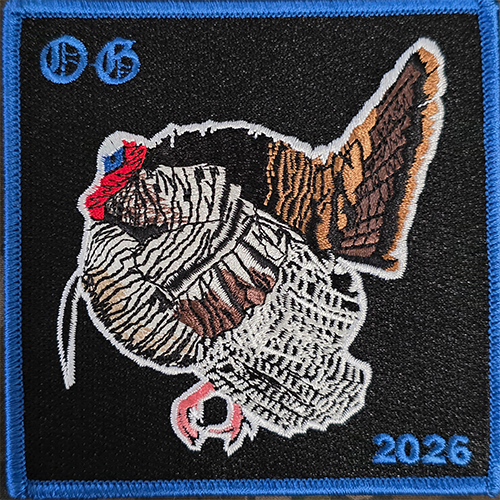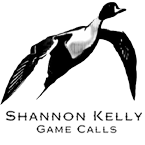        |
Location, location, locationStarted by chatterbox, December 06, 2011, 05:00:09 PM Previous topic - Next topic
User actions
|
        |
Location, location, locationStarted by chatterbox, December 06, 2011, 05:00:09 PM Previous topic - Next topic
User actions
|